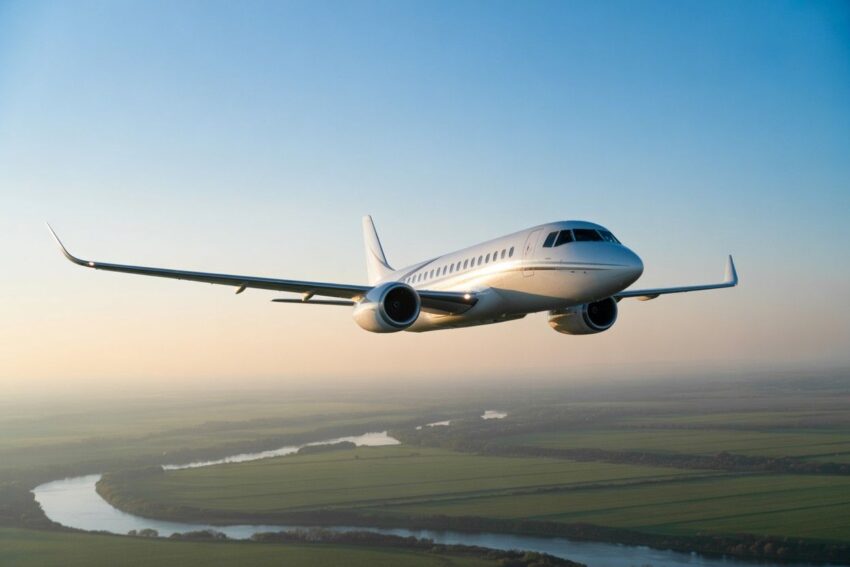
The European aviation industry has issued a strong warning over the European Parliament’s proposed overhaul of EU Regulation 261/2004, better known as EU261, the bloc’s landmark air passenger rights regulation. Airlines argue that the Parliament’s version of the reform could double annual compensation costs from euro eight billion to over euro fifteen billion, significantly raising airfares, reducing route availability, and weakening Europe’s competitiveness within the global aviation market.
According to a joint statement from the International Air Transport Association (IATA), Airlines for Europe (A4E), and the European Regions Airline Association (ERA), the current proposals would fundamentally shift the regulation from consumer protection toward overcompensation, creating operational and economic pressures that could reshape air connectivity for European travelers.
What Is EU261 and Why the Reform Matters
The EU261 Regulation, introduced in 2004, compensates passengers for flight cancellations, delays, and denied boarding. Over the past twenty years, it has become one of the world’s most comprehensive passenger rights laws. However, a series of European Court of Justice rulings expanded its interpretation, leading to inconsistent enforcement and rising legal disputes.
The European Commission relaunched efforts to modernize the legislation in 2024, aiming to improve clarity while maintaining fairness. But the Parliament’s latest proposals, released in September 2025, have drawn criticism for what airlines describe as “gold-plated” revisions that exceed both the original scope and economic practicality of the regulation.
Airlines Warn of Rising Costs and Reduced Access
Under the proposed reforms, the average cost per passenger could rise from euro five to euro ten per flight segment, creating steep increases across the sector. These extra costs come as airlines already face mounting fuel prices, inflation, and environmental compliance costs linked to the EU Emissions Trading Scheme.
The industry warns that passengers, particularly budget-conscious travelers, will bear the brunt of these rising expenses. IATA’s 2025 European Review notes that airlines’ average profit margin currently stands at just euro 7.80 per passenger. Doubling EU261 costs could erase this margin entirely, jeopardizing smaller and regional carriers that sustain Europe’s vast intercity travel network.
In addition, the Parliament’s version introduces:
- Mandatory rebooking on competing carriers, limiting airlines’ ability to manage rerouting efficiently.
- Automatic compensation systems that could increase administrative burdens by more than euro 1.5 billion annually.
- Requirements for free cabin baggage and restrictions on “no-show” ticket policies, potentially dismantling budget airline models that rely on a la carte pricing.
Airlines argue these measures ignore commercial realities and contradict travelers’ primary preferences, which include affordable fares and reliable schedules rather than monetary compensation.
Calls for a Balanced Approach
Industry associations have outlined key recommendations to rebalance the proposed legislation:
- Revised Delay Thresholds: Introduce five-hour and nine-hour criteria for short- and long-haul flights respectively, encouraging flight completion where possible and minimizing unnecessary cancellations.
- Defining Extraordinary Circumstances: Create a unified, legally recognized list of uncontrollable events such as severe weather, ATC strikes, or political unrest.
- Simplified Claims Process: Maintain a claim-based compensation system rather than automating payments, reducing fraud risk and ensuring transparency.
- Preserve Pricing Flexibility: Respect airlines’ right to charge for optional services, such as seat selection or cabin baggage, ensuring low-cost fare structures remain viable.
Impact on Connectivity and Tourism
The European Union’s aviation industry supports nearly ten million jobs and contributes euro seven hundred billion to GDP annually. However, according to IATA, excessive regulatory costs could result in route cuts, especially for regional and secondary airports in Southern and Eastern Europe.
Tourism-dependent economies like Greece, Croatia, Portugal, and Spain are particularly vulnerable. These markets rely heavily on budget airlines to bring millions of visitors each year. A surge in ticket prices or reduced route diversity, analysts warn, could slow Europe’s post-pandemic tourism recovery and diminish the continent’s appeal as a global travel destination.
Furthermore, rising costs may lead airlines to consolidate flights or reduce frequency on less profitable routes, isolating regional centers and reducing accessibility for both residents and tourists. The travel and hospitality sectors fear that declining affordability will dampen spontaneous leisure trips across the EU’s internal market.
Thomas Reynaert, IATA’s Senior Vice President for External Affairs, noted that the overextension of compensation rules risks turning EU aviation into “a reverse Robin Hood system, redistributing costs from frequent long-haul leisure travelers to all passengers, including low-income consumers”.
Aviation’s Role in Europe’s Economic Framework
Europe’s Single Aviation Market, a pillar of its economic integration, depends on regulations that balance consumer protection with airline sustainability. The single market model has made travel between cities like Krakow and Copenhagen or Lisbon and Cologne accessible for as little as euro forty round-trip. Carriers warn that new EU261 costs could undermine these gains, eroding competitive choice and limiting Europe’s connectivity to global air networks.
Compared to the rail sector, which faces annual passenger compensation costs between euro three hundred million and euro five hundred million, airlines bear disproportionately higher regulatory expenses, despite providing the majority of Europe’s cross-border mobility. Airline groups argue that a recalibrated framework is needed to avoid giving non-aviation sectors an unfair advantage in the transport ecosystem.
Industry Urges EU Policymakers to Recalibrate
The upcoming trilogue discussions between the European Parliament, Council, and Commission are expected to finalize the reform framework by early 2026. Airlines are urging policymakers to adopt the Council’s more measured approach, which proposes delay thresholds ranging from four to six hours depending on flight length, and clearer definitions of abnormal events exempting carriers from liability.
The industry emphasizes that protecting passenger rights must go hand in hand with sustaining Europe’s connectivity and competitiveness. Unchecked regulation, it argues, threatens to disrupt not only businesses and airlines but also the millions of Europeans who depend on affordable air travel for work, tourism, and education.
The post European Airlines Warn EU261 Reform Could Double Costs and Endanger Affordable Travel for Millions of Europeans: All You Need to Know appeared first on Travel And Tour World.from Travel And Tour World https://ift.tt/3zLGF7l
via >EPR


